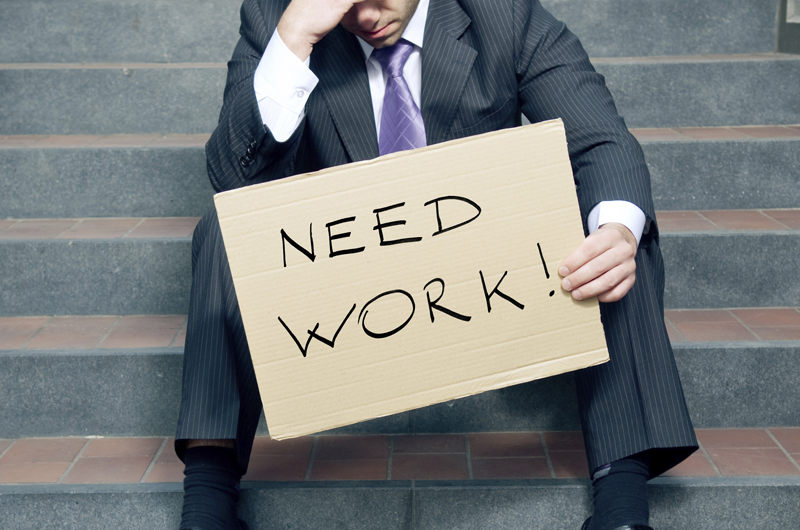If you have lost your job, it is important not to panic. Breathe. Stay calm. Everything always works out how it is supposed to. Here are four things you can do now to ease the stress financially and emotionally if you have been laid off.
- Assess your situation. Now is the time to be calm and to stop and look where you are and where you would like to be. If you don’t have a budget, create one. If you do have a budget, now is the time to re-evaluate it. You may need to cut back on non-essential expenses to make ends meet. There are two things you control. The amount of money you spend and the amount of money you have coming in as income. You will want to create a spending plan and look at other sources of income if needed. There usually are always things you can cut with your expenses. You will also want to take a look at your investments and meet with your Wealth Advisor to see if you need to re-allocate your investments during this time. It is ok to stop IRA contributions for a short period of time but it is never good to take money out of your retirement accounts.
- Look over your benefits. You may have had many different benefits from your employer. From disability insurance to life insurance, to health insurance, to a 401(k) plan or stock options etc. It is important to understand and know what if any benefits will remain. For instance, take Life Insurance as an example. Does your group policy transfer over to you or do you need to get a new individual plan? As for health insurance, consider looking into your spouse’s insurance if possible or there may be other options. You might just want to enroll in coverage through COBRA. COBRA is health insurance that continues after you leave an employer if you don’t have other health insurance coverage, coverage through a spouse’s policy, or through a new job. You can be on COBRA for eighteen months, but most of the time it’s expensive. You may be better off getting your own health insurance policy.
- Consider your 401(k) options. You have four choices typically when you leave your job. You can keep your 401(k) with your old employer, roll the money into an IRA, roll the money into your new employer’s plan once you begin employment again or cash out the account.
- Pay off bad debt. There is good debt and there is bad debt. Good debt is a mortgage or business loan or something that is an investment in yourself. Bad debt is credit card debt or high interest rate debt. The goal is to get that gone. If you have a severance you want to use that to get yourself in a better state. You can take the severance and pay off any high interest debt. If you have any high interest credit card debt you will want to get that gone as soon as possible. If you have a mortgage at a reasonable rate, there is nothing wrong with that. The important thing is to look at the interest rate you are paying on debt and get rid of the highest rate debt first.
The goal is to not panic when there a major life change. There can be so much to do but just take one thing at a time. You can start with these four things to help you get in a better position so that you make smart financial decisions during this stressful time.

